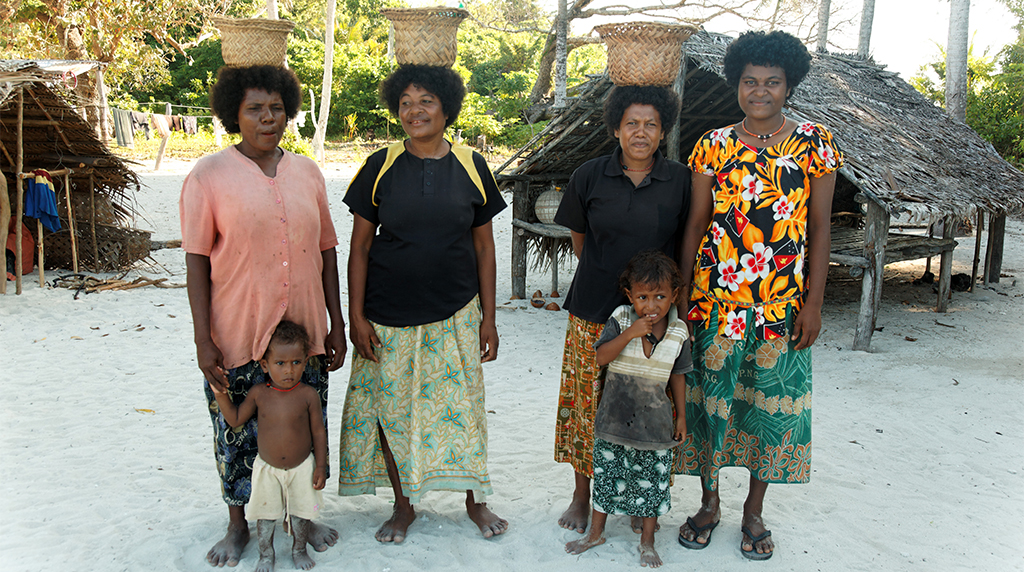The Federal Government has announced a $5.9 million investment on cancer prevention among women in vulnerable communities across the world through the Global Alliance for Chronic Diseases (GACD).
The Daffodil Centre is a partner institution in the NHMRC Centre for Research Excellence in Cervical Cancer Control (C4). C4 will provide expertise and evidence to support two of the four GACD projects which will enhance cervical cancer screening in Papua New Guinea and India.
Both projects support the World Health Organization (WHO) strategy to eliminate cervical cancer as a public health problem worldwide by the end of the century, through a ‘triple-intervention’ approach, which sets out simple targets to place all countries on the path toward elimination by 2030.
HPV-based testing and treatment for the elimination of cervical cancer in Papua New Guinea
Led by the Kirby Institute at UNSW Sydney, with partners in Papua New Guinea and Australia, this project complements a landmark initiative announced earlier in the year, funded by the Minderoo Foundation and co-led by Professor Karen Canfell to eliminate cervical cancer in the Western Pacific.
Professor Andrew Vallely from the Kirby Institute said: “In our earlier field trials in Papua New Guinea, we developed a new ‘test and treat’ screening model. It comprised HPV testing of self-collected vaginal specimens followed by same-day treatment using a new battery operated, portable thermal ablation device. This proved highly effective, acceptable and cost-effective.
“Building on these findings we will now establish how best to reach women in rural and remote communities, where cervical pre-cancer and cancer rates are highest, access to health services most constrained, and the majority of women at risk in PNG and other high-burden, low-resource countries live.”
Professor Karen Canfell, Director of the Daffodil Centre and C4 co-lead, welcomed the new award.
“We are thrilled to be part of this new project that will complement the work we are doing together to advance cervical cancer elimination in our region,” Prof. Canfell said.
Developing a scalable, woman-centred model for cervical cancer screening in vulnerable women in India
Led by the VCS Foundation, the project team will work with partners in two states of India, Tamil Nadu in Southern India and Mizoram in North Eastern India, and with the International Agency for Research on Cancer (IARC) to trial new woman centred approaches to cervical screening through co-designing care pathways using self-collection and HPV based testing.
Associate Professor Julia Brotherton from the VCS Foundation said, “In a country as complex and large as India we know there are significant challenges in scaling up preventive health services, particularly in rural and remote areas serving vulnerable Indian women. Cervical cancer is preventable and we hope this work will help identify and overcome some of the key challenges in reaching women to screen, as well as support their follow up when treatment is needed.”
Professor Marion Saville, Executive Director, VCS Foundation said: “Developing a locally appropriate cancer screening registry is crucial in scaling up cervical screening programs in low and middle-income countries such as PNG and India. VCS Foundation’s canSCREEN e-health platform will be optimised for local health care teams in both countries to record and track women’s results and follow-up care.”
These important new projects will advance C4’s agenda to promote and support the elimination of cervical cancer in Australia, the region and globally.




